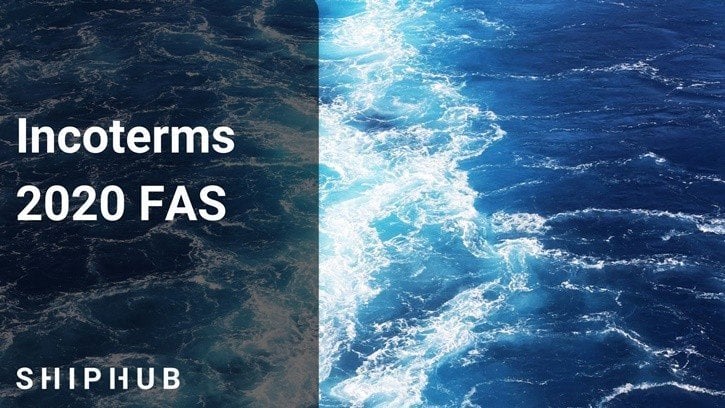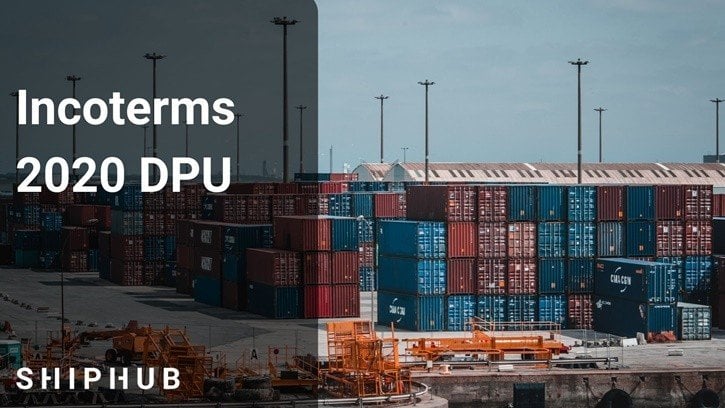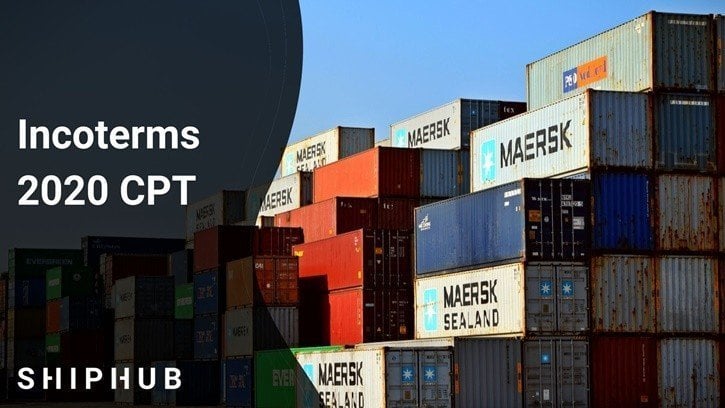Pitfalls of CIF
Incoterms are guidelines used in international trade. They define the conditions of transport, as well as the allocation of responsibilities and costs between the seller and the buyer. The most popular Incoterms are FOB and CIF. CIF is often used because, in theory, it seems convenient to the importer, especially a novice one. In this …









